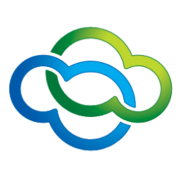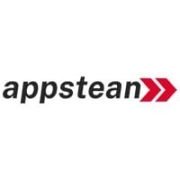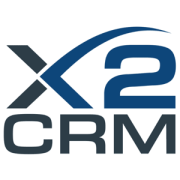Sales Force Automation (SFA) solutions improve sales processes by automating key tasks, enhancing efficiency and productivity among sales teams. Leveraging real-time data, these tools facilitate better decision-making and client interaction.
SFA systems are essential for streamlining sales processes by reducing manual efforts, managing customer relationships, and increasing sales pipeline visibility. These solutions provide tools for lead management, sales forecasting, performance analysis, and more, which are crucial for maintaining a competitive edge in the market.
What are the critical features of Sales Force Automation?In industries like retail, finance, and technology, SFA tools are implemented to handle large volumes of sales data and customer interactions efficiently. They enable teams to integrate sales processes seamlessly with existing enterprise systems, enhancing overall operational efficiency.
Sales Force Automation is helpful for organizations by ensuring consistent sales processes, improving customer relationship management, and providing actionable insights that boost decision-making and profitability.
| Product | Market Share (%) |
|---|---|
| Microsoft Dynamics CRM | 24.7% |
| Salesforce Sales Cloud | 23.8% |
| Oracle CX Sales | 9.0% |
| Other | 42.5% |






































Sales Force Automation streamlines various sales tasks, allowing your team to focus on selling rather than administrative duties. By automating lead scoring, task assignment, and follow-ups, you ensure your team spends more time closing deals and less time on mundane tasks. The result is higher efficiency, allowing salespeople to engage with more prospects and improve conversion rates.
What Features Should You Look For in a Sales Force Automation System?When choosing a Sales Force Automation system, look for features like lead management, sales forecasting, contact management, and reporting analytics. Integration capabilities with existing CRM and other business tools are crucial. An intuitive user interface and mobile accessibility provide added benefits that help your team stay productive even on the go.
How Does Sales Force Automation Enhance Customer Relationship Management?Sales Force Automation enhances customer relationships by providing valuable insights into customer interactions and preferences. This allows you to tailor your engagement strategies to meet customer needs. Automated reminders for follow-ups, as well as a centralized database of customer data, help maintain strong customer relationships and ensure timely communication.
What Are the Common Challenges in Implementing Sales Force Automation?Implementing Sales Force Automation can present challenges such as resistance to change from your team and data migration issues. Ensure you provide adequate training and support to ease the transition. Clearly communicate the benefits to gain buy-in from your team. It is vital to have proper data governance to manage data effectively during the transition process.
Can Sales Force Automation Integrate with Other Business Tools?Most Sales Force Automation systems offer integration capabilities with a wide range of business tools, such as CRM software, email platforms, and ERP systems. This ensures seamless data flow and enhances functionality by leveraging multiple data sources. Ensure the solution you choose can integrate with your existing tech stack for optimal benefits.